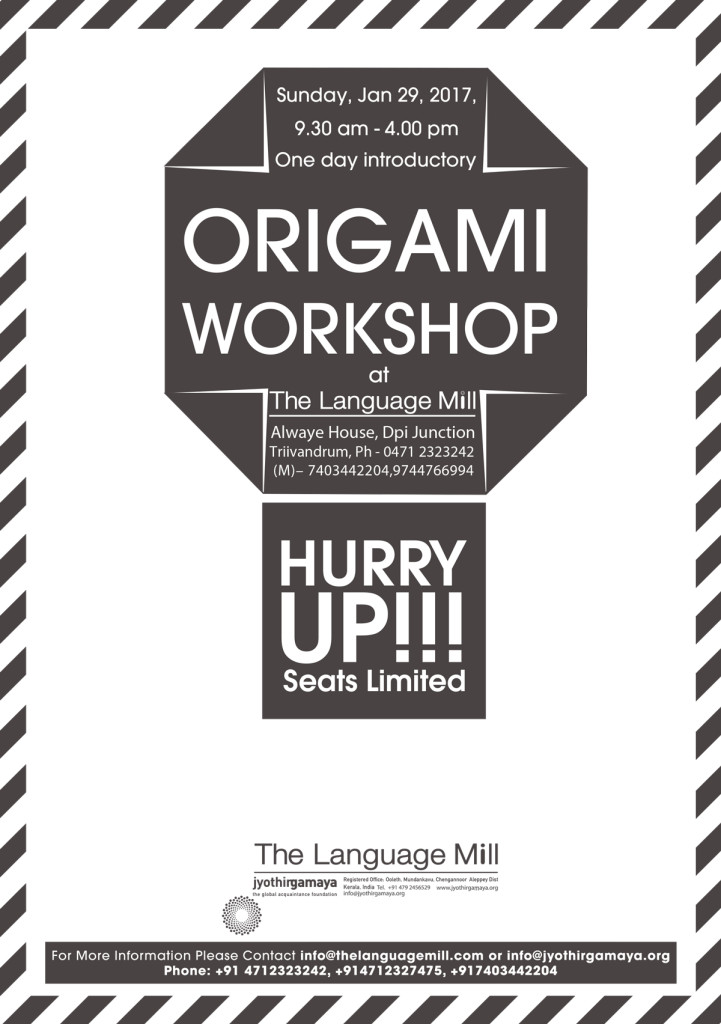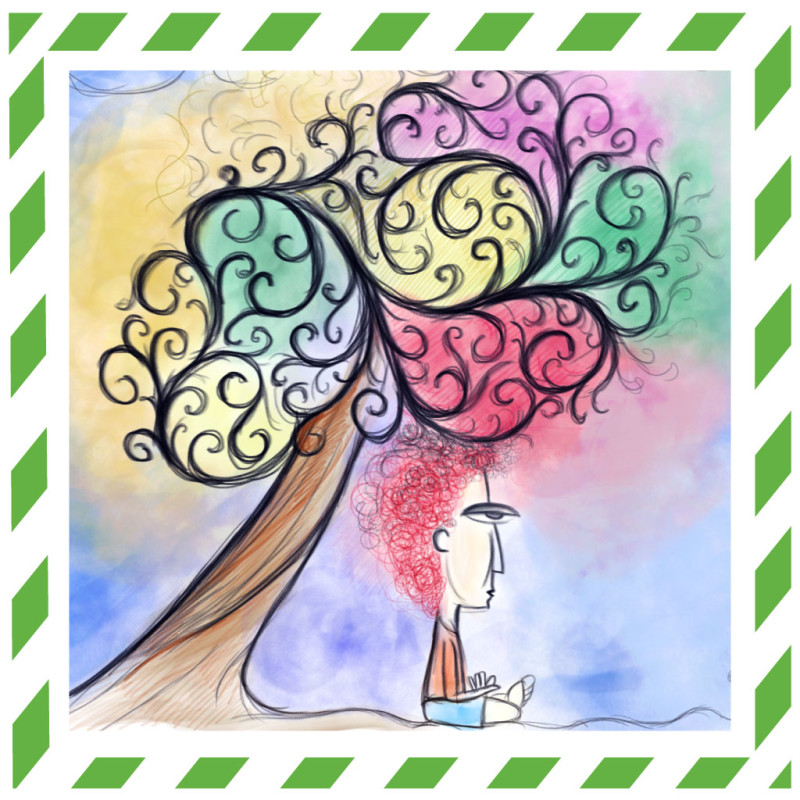
Parenting a teenager is never easy. But we as parents should find steps that can significantly reduce the chaos at home and help our teens’ transition into a happier, more successful young adult.
As teenagers begin to assert their independence and find their own identity, many experience behavioral changes that can seem bizarre and unpredictable to parents. Your sweet, obedient child who once couldn’t bear to be separated from you now won’t be seen within 20 metres of you, and greets everything you say with a roll of the eyes or the slam of a door. These, unfortunately, are the actions of a normal teenager.
Keeping up with fashion is important to teens. That may mean wearing provocative or attention-seeking clothing or dyeing hair. Unless your teen wants tattoos, avoid criticizing and save your protests for the bigger issues. Fashions change, and so will your teen
As teens begin seeking independence, you will frequently butt heads and argue.
Hormones and developmental changes often mean that your teen will experience mood swings, irritable behavior, and struggle to manage his or her emotions.
Friends become extremely important to teens and can have a great influence on their choices. As teens focus more on their peers, that inevitably means they withdraw from you. It may leave you feeling hurt, but it doesn’t mean your teen doesn’t still need your love
A teenager’s brain is still actively developing, processing information differently than a mature adult’s brain. The frontal cortex—the part of the brain used to manage emotions, make decisions, reason, and control inhibitions—is restructured during the teenage years while the whole brain does not reach full maturity until about the mid-20’s
Your teen may be taller than you and seem mature in some respects, but often he or she is simply unable to think things through at an adult level. Hormones produced during the physical changes of adolescence can further complicate things. Now, these biological differences don’t excuse teens’ poor behavior or absolve them from accountability for their actions, but they may help explain why teens behave so impulsively or frustrate parents and teachers with their poor decisions, social anxiety, and rebelliousness. Understanding adolescent development can help you find ways to stay connected to your teen and overcome problems together.
It may seem hard to believe—given your child’s anger or indifference towards you—but teens still crave love, approval, and acceptance from their parents. Positive face-to-face connection is the quickest most efficient way to reduce stress by calming and focusing the nervous system. That means you probably have a lot more influence over your teen than you think. Just open the lines of communication:
Be aware of your own stress levels. If you’re angry or upset, now is not the time to try to communicate with your teen. Wait until you’re calm and energized before starting a conversation. You’re likely to need all the patience and positive energy you can muster.
Be there for your teen. An offer to chat with your teen over coffee will probably be greeted with a sarcastic put-down or dismissive gesture, but it’s important to show you’re available. Insist on sitting down for mealtimes together with no TV or other distractions. Look at your teen when you speak and invite your teen to look at you. Don’t get frustrated if your efforts are greeted by nothing more than monosyllabic grunts or shrugs; you may have to eat a lot of dinners in silence, but when your teen does want to open up, he or she will have the opportunity to do so.
Find common ground. Trying to discuss your teen’s appearance or clothes may be a sure-fire way to trigger a heated argument, but you can still find some areas of common ground. Fathers and sons often connect over sports; mothers and daughters over gossip or movies. The objective is not to be your teen’s best friend, but to find common interests that you can discuss peacefully. Once you’re talking, your teen may feel more comfortable opening up to you about other things.
Listen without judging or giving advice. When your teen does talk to you, it’s important that you listen without judging, mocking, interrupting, criticizing, or offering advice. Your teen wants to feel understood and valued by you, so maintain eye contact and keep your focus on your child, even when he or she is not looking at you. If you’re checking your email or reading the newspaper, your teen will feel that he or she is not important to you.
Expect rejection. Your attempts to connect with your teen may often be met with anger, irritation, or other negative reactions. Stay relaxed and allow your teen space to cool off. Try again later when you’re both calm. Successfully connecting to your teen will take time and effort. Don’t be put off; persevere and the breakthrough will come.
Ensure your teen gets enough sleep. Sleep deprivation can make a teen stressed, moody, irritable, and lethargic, and cause problems with weight, memory, concentration, decision-making, and immunity from illness. You might be able to get by on six hours a night and still function at work, but your teen needs 8.5 to 10 hours of sleep a night to be mentally sharp and emotionally balanced person. Encourage your teen to sleep properly by setting consistent bedtimes, and removing TVs, computers, and other electronic gadgets from your teen’s room—the light from these suppresses melatonin production and stimulates the mind, rather than relaxing it. Suggest your teen tries listening to music or audio books at bedtime instead
It’s worth reminding your teen that no matter how much pain or turmoil he or she is experiencing right now, with your love and support when it’s needed, things can and will get better—for both of you. Your teen can overcome the problems of adolescence and mature into a happy, successful young adult.





